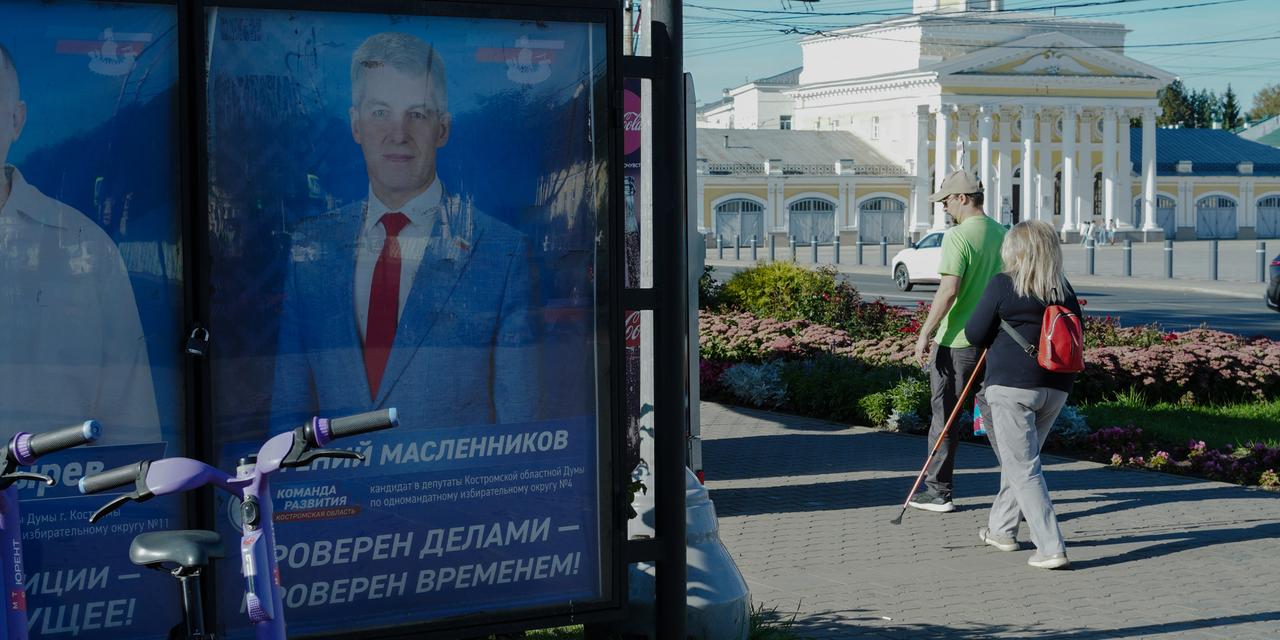


Putin's party prevails in Russian elections even without campaigning
FeatureLocal elections were held across Russia on September 12 and 14. The campaign was particularly dull in Kostroma, a tourist town northeast of Moscow, revealing a society stifled by repression and overcome by apathy and weariness.
Few posters, no debates, invisible candidates, insignificant platforms. In Kostroma, a city of 250,000 located 350 kilometers from Moscow, local elections unfolded from Friday, September 12, to Sunday, September 14, just as the Kremlin wanted. "No stakes, no intrigue, and almost no voters, but, in the end, good results for the ruling party," said Piotr. This outspoken man in his fifties, who preferred to remain anonymous, loves his city – one of the charming princely towns that, with its old monasteries and onion-domed churches, make up the Golden Ring northeast of the Russian capital. "The city is developing and becoming more beautiful. As for political life, it just keeps getting worse," he said.
During the 2015 local elections, Kostroma saw a vibrant campaign energized by candidates from a previously unseen democratic coalition. This movement, uniting various parties critical of Vladimir Putin, was led by Ilya Yashin, a young up-and-coming opposition figure. "2025 is nothing like 2015. Yashin is no longer in the country. The opposition is either in prison or in exile. The laws are more and more repressive. And here, as elsewhere in Russia, fear prevails," Piotr said.
This former activist and local official now keeps his distance from politics. Fearing that he might be labeled a "foreign agent" simply for sharing tea with a Western journalist, he preferred to pay the bill himself. One of the few candidates permitted to run under the Yabloko banner – a liberal party dating back to the 1990s – had agreed to meet with Le Monde. He canceled at the last minute: It was too risky.
You have 81.31% of this article left to read. The rest is for subscribers only.
